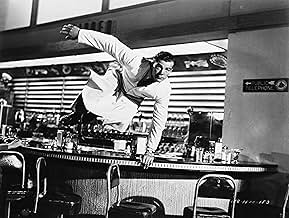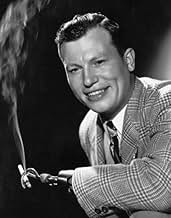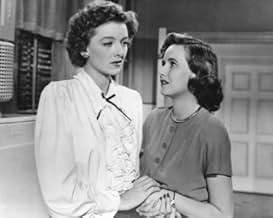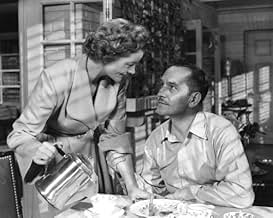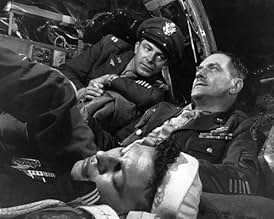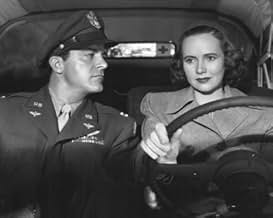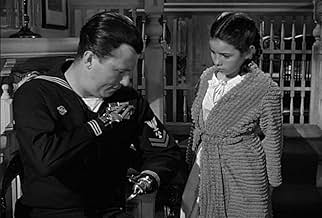Three World War II veterans, two of them traumatized or disabled, return home to the American midwest to discover that they and their families have been irreparably changed.Three World War II veterans, two of them traumatized or disabled, return home to the American midwest to discover that they and their families have been irreparably changed.Three World War II veterans, two of them traumatized or disabled, return home to the American midwest to discover that they and their families have been irreparably changed.
Best Picture Winners by Year
Best Picture Winners by Year
See the complete list of Best Picture winners. For fun, use the "sort order" function to rank by IMDb rating and other criteria.


